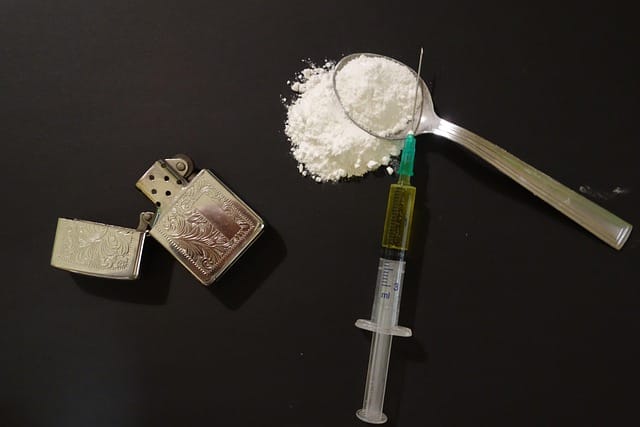The connection between mental health and substance abuse runs deep. It’s a relationship we need to talk about honestly. Many people suffer from both disorders at once. It’s a tough combination. It makes recovery more challenging and the future less clear. But understanding this link is the first step toward help and healing. It starts by seeing how closely these struggles are tied.
Why Mental Health and Substance Abuse Often Coexist
Some people use drugs or alcohol to ease their mental health symptoms. They may suffer from anxiety, depression, or trauma and find temporary peace in a drink or a pill. But this kind of coping can backfire. The person finds themselves needing more and more just to feel okay. The result is a spiral of poor mental health feeds into substance abuse and vice versa. This pattern is more than a coincidence. It highlights how closely these disorders are connected. Scientists say nearly 50% of people with a mental health disorder will suffer from a substance use disorder at some point in their lives. It’s a staggering number a clear sign we need to treat these conditions together.
The Impact of Trauma and Stress
Trauma plays a key role in this link. People who suffer from abuse, neglect, or other trauma are at a much higher risk of developing both disorders. Trauma can affect the way the brain responds to stress and pleasure. It can undermine a person’s ability to regulate emotions and cope with difficulties in a healthy way. This makes it more likely that someone will turn to drugs or alcohol to ease their pain. Trauma-related disorders, like PTSD, often come bundled with substance use disorders. It’s a unique combination that can be hard to treat without addressing both components together.

The Role of Brain Chemistry
The human brain is a delicate balance of chemicals. Dopamine, serotonin, and other neurochemicals help regulate mood and stress responses. Mental health disorders can disturb this balance. Substance abuse further disrupts it, adding to the chaos. Some drugs flood the brain with dopamine, causing a rush of happiness. But the effects fade quickly and a person finds it hard to produce those good signals naturally. The result is a downward spiral the person needs more of the substance just to feel normal. That change in the brain’s reward system ties directly back to their struggles with mental health.
The Need for Integrated Treatment
Because these disorders are closely connected, treatment must reflect that reality. It’s not enough to treat a person’s addiction without addressing their mental health, or vice versa. Integrated treatment focuses on both at once. It combines therapy, medication, and lifestyle strategies to help people heal from the inside. Some approaches, like cognitive behavioral therapy, are especially helpful in this context. They teach people to identify triggers, develop coping skills, and manage stress without turning to drugs or alcohol. Medications can ease withdrawal symptoms and stabilize mood disorders, making recovery more manageable
How to Break the Stigma
There’s a lingering stigma attached to both mental health disorders and addiction. Some people view these struggles as a weakness or a moral failing. That view makes it hard for people to seek help when they need it. It isolates them and prevents recovery. The first step in breaking this stigma is education. We need to talk openly about the link between these disorders. We need to view them as health conditions, not character flaws. Everyone deserves understanding, compassion, and proper care. Tackling this together can ease suffering and foster recovery.
In Conclusion
The link between mental health and substance abuse is strong and complex. It shows us how much these disorders affect and influence each other. But this knowledge also guides us toward more effective treatments. If we treat both together, we can help people find lasting recovery. It starts by seeing the person as a whole not just their symptoms. It means addressing trauma, stress, and brain chemistry all at once. It involves education, compassion, and patience. The path forward is challenging, but it’s filled with hope.…

